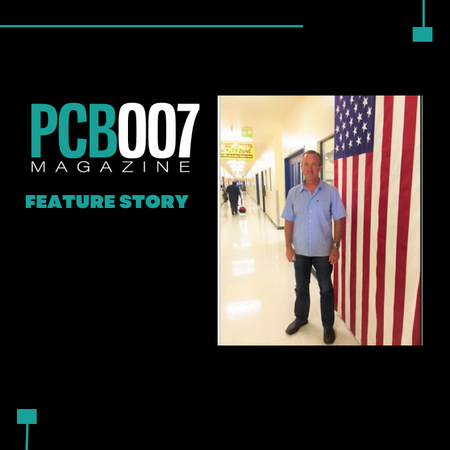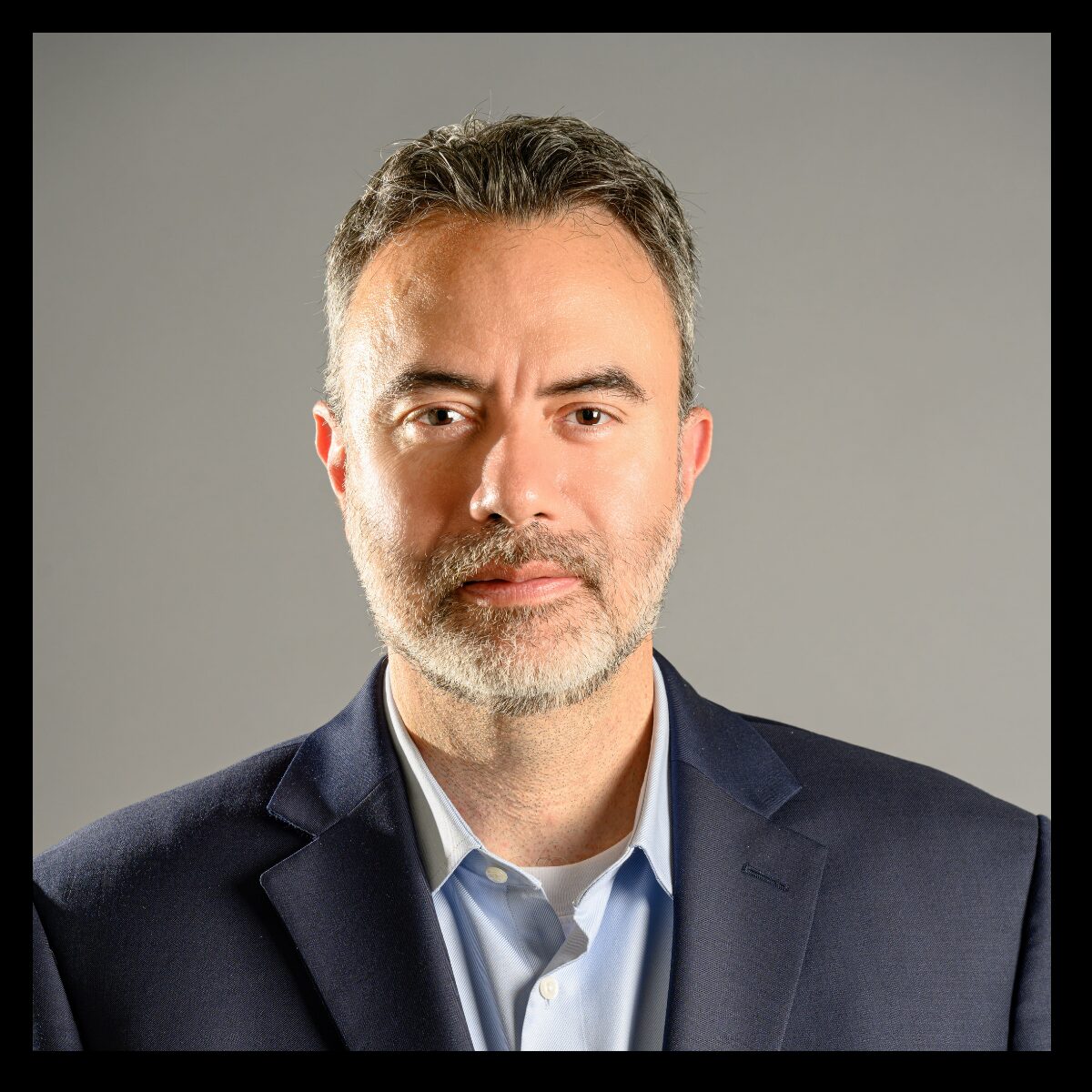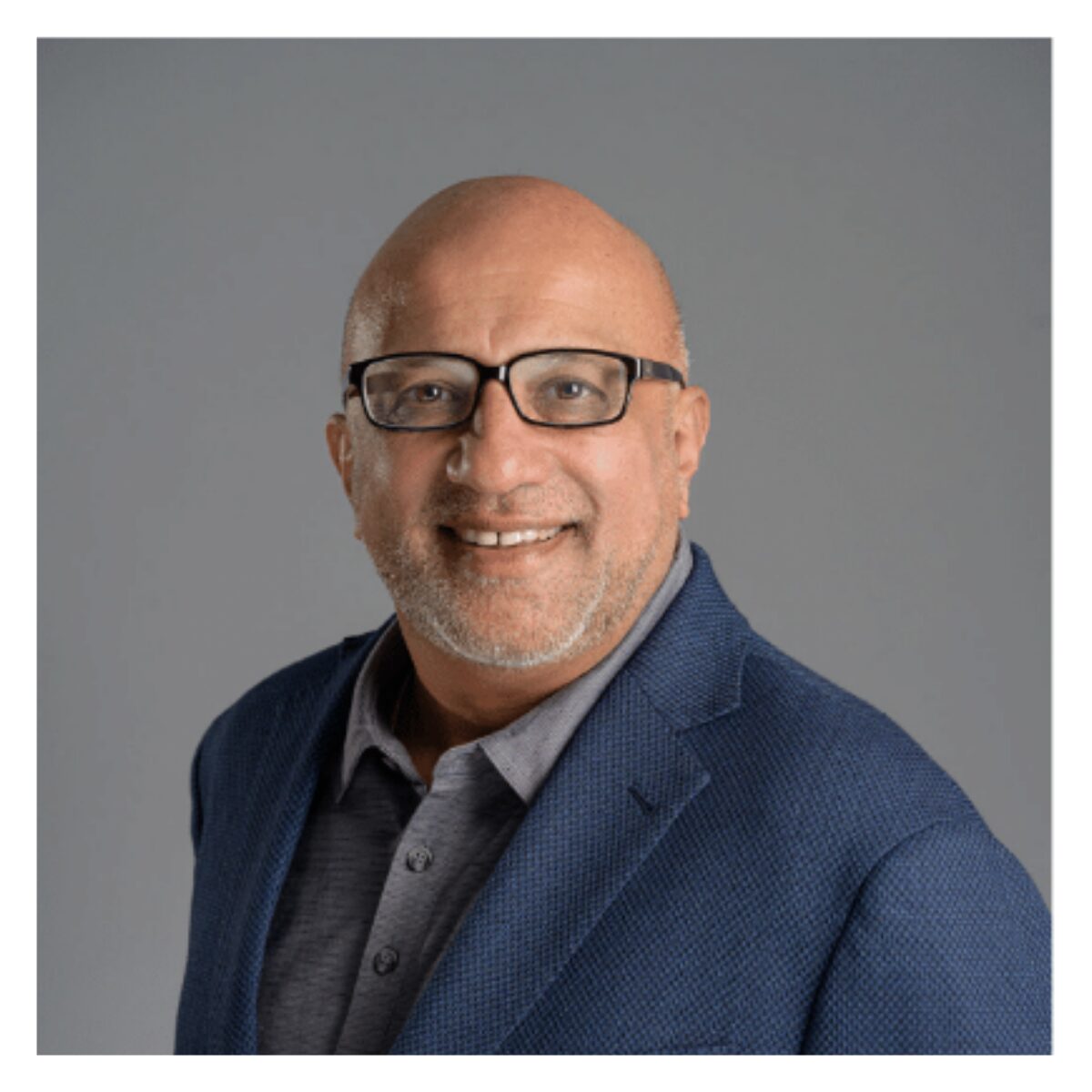A few weeks ago I was privileged to meet with Shane Whiteside in Anaheim, California, at KCA Electronics. Whiteside, former COO of TTM, has helped launch a new company—Summit Interconnect— which encompasses the recent acquisition of KCA Electronics and Marcel Electronics International. Once again assuming an executive role, this time as CEO and president, Whiteside shared his story, strategy and vision for this new chapter.
Warner: Shane, nice to see you again. Before we discuss Summit Interconnect, would you please give us a brief summary of your background and history in the industry?
Whiteside: Sure. I’ve worked in the printed circuit board industry for most of my career. I started as a vendor to printed circuit board fabricators on the chemical side of the industry and then moved into sales for a chemistry distributor named, Technica, headquartered in the Bay Area., I had a great learning experience there with a lot of opportunity for growth. I eventually went to work for one of my top customers here in Southern California, Power Circuits in Santa Ana, and greatly enjoyed what I was doing there. About a year after joining Power Circuits, we were purchased by Thayer Capital Partners, a private equity group based in Washington D.C., which today is known as HCI Equity Partners. We were merged with another company in the industry that they owned named Pacific Circuits, in Washington state, and we rebranded the company as TTM Technologies in 1999.
We continued to grow as TTM, where I was COO for over 10 years. I had a great experience at TTM growing the company and participating in all the deals that TTM did when I was there. Not counting the first merger between Power and Pacific, we made three subsequent acquisitions; each one more than doubled the size of the company. Being hands-on with each one of those acquisitions and integrations as COO was a big thrill.
I left TTM in 2013 because I wanted to spend more time with my family. I took up various other roles, some inside the electronics industry, and some outside. You’ll find this hard to believe, but you can miss circuit boards. I’ve always stayed in touch with one of the partners at HCI and we got together about a year ago with the idea that there might be an interesting investment strategy back in the PCB industry.
Warner: How did that unfold and how did you end up choosing KCA and MEI to form Summit Interconnect? In particular, what was attractive about those two companies?
Whiteside: As we looked at the market, we saw a heavily fragmented industry with a couple of highly capable manufacturers with broad product offerings at the very top of the industry, and a bunch of mostly niche players throughout the rest of the industry. We developed an investment strategy to acquire a couple of highly capable niche providers and merge them together to create a top ten provider in North America. The merged company would have a broader product offering for the customer set that we would focus on, which is primarily aerospace and defense.
I originally approached KCA and MEI. They were both at the top of my list. Thankfully, they were both willing to talk. Through the next several months after that, we proceeded to do our due diligence and closed both deals in April of this year.
Warner: What offerings do MEI and KCA have individually, and what value will they bring collectively?
Whiteside: KCA has always been a very highly regarded business with an incredible set of capabilities mostly in the rigid-flex product space that serves mission critical applications.
MEI has always had a great reputation as an advanced technology provider in the rigid board space with some great QTA offerings and specialized capabilities with RF and microwave applications. We could see that putting the two companies together on one platform would fulfill our strategy and create a lot of value for our customers.
Warner: What current certifications do the facilities hold now, and are there any additional certifications that you’ll be seeking?
Whiteside: We have all the basic certifications that you need to serve the defense industry including 55110, 50884, and 31032 and we’re working on our 30132 qualifications at the MEI facility in Orange. In addition, we are AS 9100C certified in both facilities. The additional qualification we are evaluating is NADCAP which will depend on the business case based on the opportunities within our customer base.
Warner: What is your collective size now in regard to sales revenue, employees, and total square footage of manufacturing space?
Whiteside: As we look at the North America rankings, as some of these industry analysts present them, we think that we’re right in the middle of the top ten somewhere based on sales, and we have over 300 employees here in Southern California, between the two plants. The combined square footage is right around 100,000 square feet.
Warner: I’m sure there are some strong managers in place, but will there be some onboarding of new management?
Whiteside: That’s a good question. Not long after we closed the deals, Clay Swain joined us as the VP of Sales. Right now, Clay and I are the only new management. Looking at the organizations between the two plants, there’s very solid management structures in place with a great depth of knowledge and experience. As we look at the organizations, the additions that we make will be to be to facilitate our growth going forward. We’re fortunate that it’s not something that we need immediately right now at the current business levels.
However, we do have very aggressive growth plans so we will be bringing people on, not just management, but also engineers, skilled production workers and key additions to the sales force.
Warner: As far as the sales force goes, are you going to use direct sales, reps or both?
Whiteside: It’s a combination of both. With the types of relationships we have with our top customers, generally that’s better with a direct sales relationship, but as we look for geographical coverage, a lot of times a rep makes sense instead of having a direct try to cover a broader geography or an outlying geography.
Warner: What would you say are the pain points for your customers and how will you be addressing those?
Whiteside: I think our customers see the North America market as one that’s been, I’ll use the word “challenged,” I’d almost say devastated, by what used to be a $10 billion industry in North America now down below $3 billion. As a result, our customers have a lot of uncertainty about the remaining fabricator base and their ability to invest in technology for the future. To stay aligned with their needs in developing new technology requires investment. Not just equipment, but also processes and, very importantly, people.
It’s difficult to have uncertainty and investment coexist. Our customers see the industry for what it is and are very rightfully concerned. We’ve developed a strategy that speaks directly to those concerns and provides confidence that we are going to invest, that we are going to develop our teams and our knowledge, and that we, very importantly, already have experience in doing this, we’re not from outside the industry. We’ve already had a successful run in this industry before. All those things combined have been very well received so far by our customers.
Warner: In regards to investments in capital equipment, are you willing to share what some of those specific investments will be?
Whiteside: While both companies maintained a great level of internal knowledge and capability given the aging equipment set, both operations have been lightly invested in the past few years. We’re currently looking at direct imaging platforms, additional laser drilling capacity, electrical testing upgrades, and a lot of later generation equipment sets that now exist in the global industry. ,
Warner: What’s your expected delivery on this new equipment?
Whiteside: It’s already arriving. There are various lead times, but a lot of it is starting to arrive.
Warner: Well, it sounds like you have a clearly defined path going forward. Now, being partnered with HCI on the equity investment side that typically means the endgame for them will be selling. Is that true in this scenario?
Whiteside: Obviously, they’re a private equity firm. They want to put their capital to work, so they have initially done that in this investment and creating this platform. We’re going to be looking to make other acquisitions as time goes on. We’re going to be very selective, where we see it could complement a product offering or bring on some additional key customer relationships, or acquire some capability that we just don’t have between the initial companies. Any of these scenarios would make a great case for an additional investment, and HCI is committed to partner with us to do that. To your question, yes, private equity firms make money upon the sale of their portfolio companies. There will be a point at which, several years down the road, they’ll be looking to exit the company.
Warner: What are you personally looking forward to most as being CEO and president of Summit Interconnect and overseeing this organization? What do you think will be most gratifying for you personally?
Whiteside: It’s another opportunity to again build one of the greatest companies in the industry. Hopefully that will be what comes of this. That certainly is what we aspire to. We’re not aspiring towards size, per se. Much more we’re aspiring towards being the best, and the best is completely through the opinion of our customers. We don’t want to be the biggest; we want to be the best. We’re focusing initially on excellence in all the aspects of customer-facing performance, just all the basics, and to be honest we have some improvement to deliver. But we also want to be the first partner that our customers call when they have a complex need or they need a solid, proven partner to move forward with on their most important projects. To create an entity that fulfills those needs for our customers is something that we aspire to do. That’s a lot of fun and very rewarding
Warner: Along those lines, what kind of measurements will you use to monitor your success—including that which is relative to less tangible things like customer-facing performance and satisfaction?
Whiteside: The ultimate measure of success is this: Are customers selecting you more than they used to for their upcoming projects? Not just another order, but are you winning additional share of programs? Are you being slotted into their next generation programs? Are they coming to spend days at your facility to have the blueprint up on the screen to mutually walk through how to build something or how to even lay something out? Those types of things are the measure of success in the eyes of our customers and that create value for our investors. Internally, our measure of success is also how we are growing our top line and our bottom line and our ability to reinvest in our company and employees.
Warner: Shane, you’ve been deeply involved in the industry—from the top of the food chain, so to speak. How do you decompress and what do you do for fun?
Whiteside: I have a lot of hobbies that I do in my personal time. I spend a lot of time with my family. I have three teenagers, so spending a lot of time with them and all their activities and sports. Personally, I like to run. And after all these years, I’m still an avid surfer. Besides that, I’m just glad to be back in a day-to-day mode with my industry friends. I missed that, and I’m happy to be back.
Warner: Well, you’ve built a lot of good friendships in the industry and it shows. So, welcome back! We’re excited for you and your entire team and wish you great success.
Whiteside: Thank you. I appreciate you coming in and taking the time to do this interview and hear our story. We look forward to checking in once in awhile and hopefully you’ll see that we’re achieving what we’re aspiring to achieve.
Warner: Thank you, Shane, for allowing us tell your story and we will certainly be checking in with you to hear about your progress along the way.
Whiteside: Thank you, Judy.
–Judy Warner, I-Connect007



